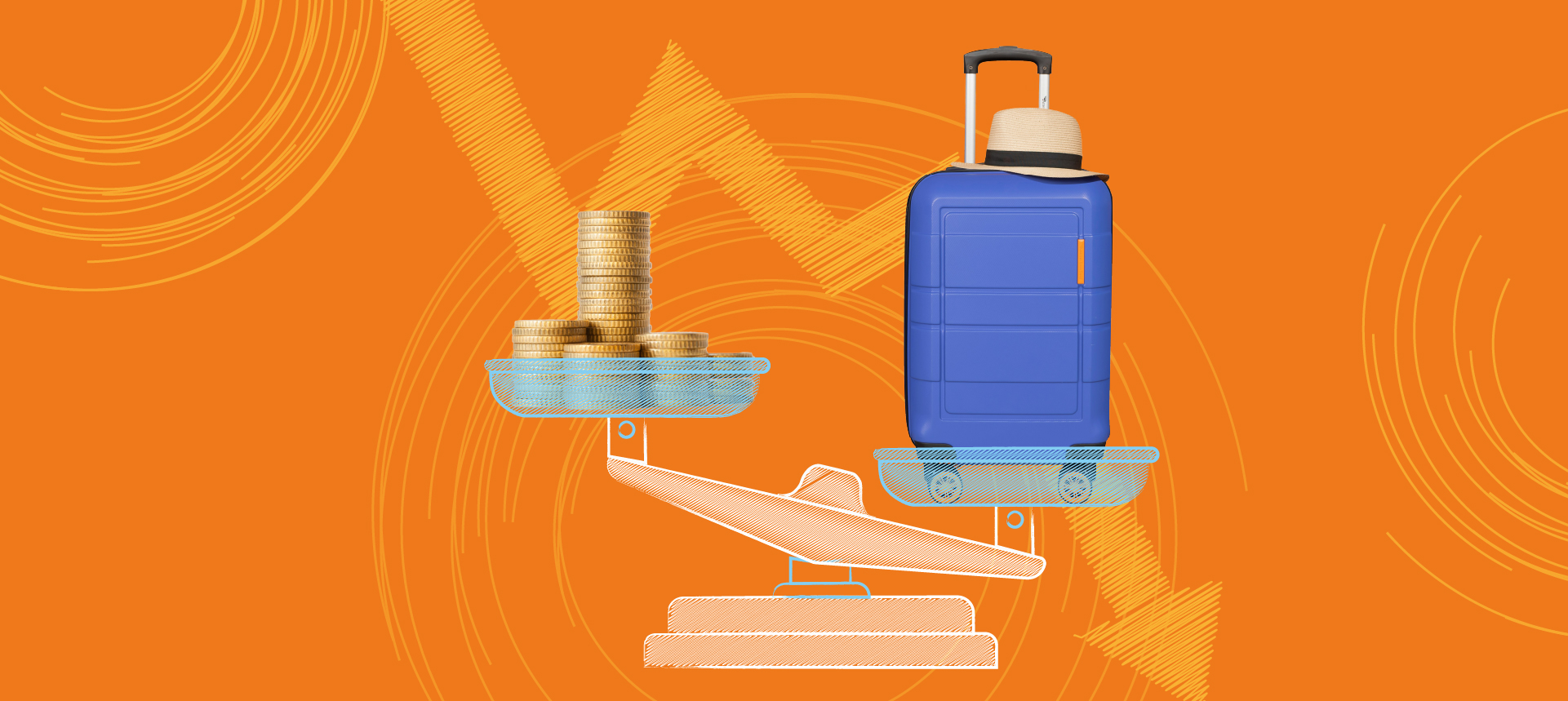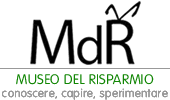
Every year, it’s the same story: we embark on a meticulously planned trip, confident that we’ve accounted for every detail and set an adequate budget. Yet, upon returning home, we discover we’ve spent more than expected.
How can we prevent this?
Here are some tips from the Museum of Saving to avoid unexpected expenses and enjoy your days of rest worry-free.
Beware of “Hidden” Hotel Costs
When booking a hotel, it’s essential to be aware of potential additional expenses, such as local taxes and the cost of minibar drinks and snacks.
Before confirming your reservation, check if there are extra fees, such as parking, to avoid unpleasant surprises at check-out.
Flying? Measure Your Luggage!
If your plans involve flying, it’s important to familiarize yourself with the baggage rules of the airline you’ve chosen.
Allowable dimensions and weight can vary between airlines, and fees for additional bags are often higher if paid at the airport instead of online during check-in.
Make sure to review the airline’s policies before departure and measure your luggage to avoid extra costs and inconveniences.
Watch Out for Tourist Traps
Tourist traps can be found everywhere and can significantly inflate vacation costs.
Avoid souvenir shops in tourist areas and opt instead for local markets: you’ll bring home higher-quality, authentic products at a lower cost.
Be wary of restaurants offering “special tourist menus,” which are often more expensive and of lower quality than their standard menus. It’s much better to ask locals to recommend restaurants away from the tourist hubs.
Additionally, be cautious of “unmissable” deals and all-inclusive packages that might not be as advantageous as they seem. Before committing, carefully read the offer in full, paying attention to any exclusions and what exactly is included.
Traveling Outside the Eurozone? Learn About Currency Exchange
Additional expenses can also arise from currency exchange.
Naturally, if you’re traveling within the eurozone, this isn’t an issue, but otherwise, it’s a cost to consider.
For convenience, many prefer to exchange money at the bank before leaving. This is a practical choice, but keep in mind that, in addition to the official exchange rate, you’ll have to pay fees. The ideal option is to exchange currency upon arrival at your destination, preferably in one go, estimating approximately how much cash you’ll need for the entire trip.
Here are a few tips::
To avoid high exchange rates, use an app to monitor real-time currency rates and convert local prices into euros.
If your credit card allows it, make payments in the local currency. The bank or credit card company will apply the official exchange rate for currency conversion.
Currency exchange offices in airports charge significantly higher fees, and the rates they offer can be less favorable. Once you arrive, opt for a bank or exchange office outside the airport.
No matter your choice, one way to save is by exchanging larger amounts. Generally, banks and exchange offices offer better rates for higher sums. If you’re traveling in a group this is an excellent strategy to save money by avoiding individual travelers paying high fees for currency conversion.
If, at the end of your trip, you’re left with local coins, it’s not worth converting them back to euros. Donate what you have left to street performers or others of your choice: in many countries, even small coins can make a big difference, adding a meaningful touch to your travel experience.
A Bonus Tip
Consider investing in travel insurance: it may seem like an extra expense, but it can save you significant amounts in case of medical emergencies or other unforeseen events.
If you’re interested in more savings tips and want to enhance your financial skills to better manage your money, visit the Museum of Saving blog and website to discover all their activities.
